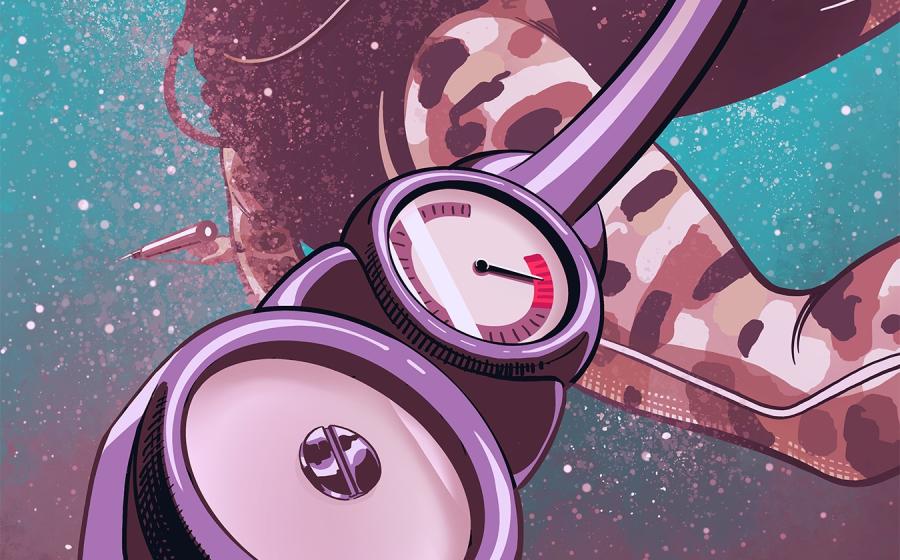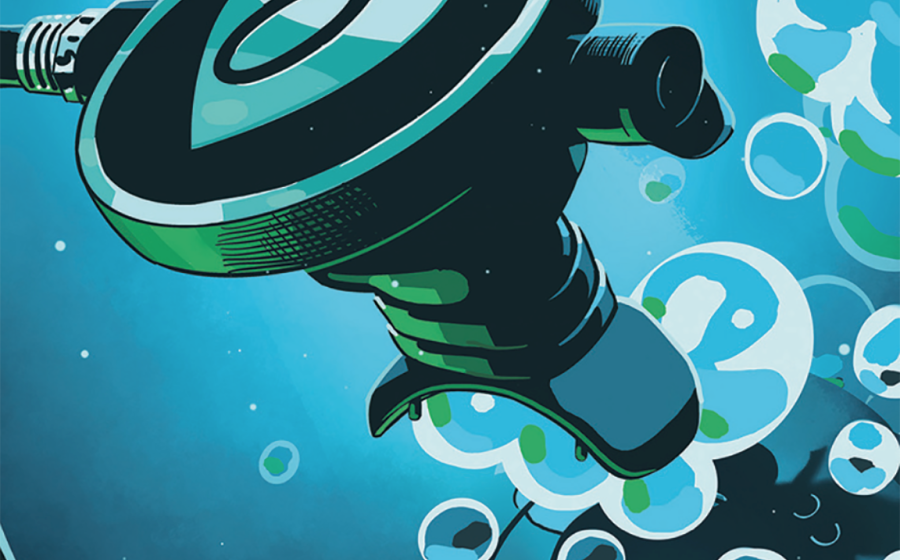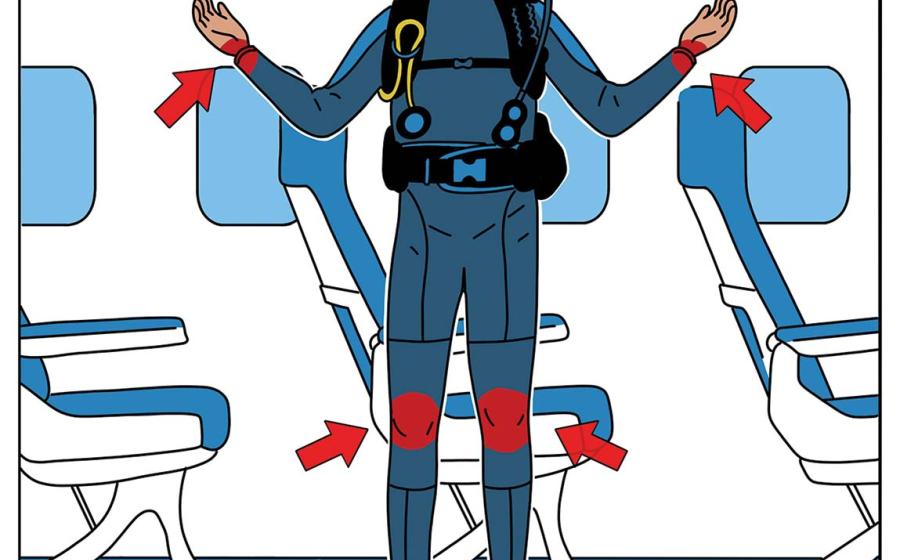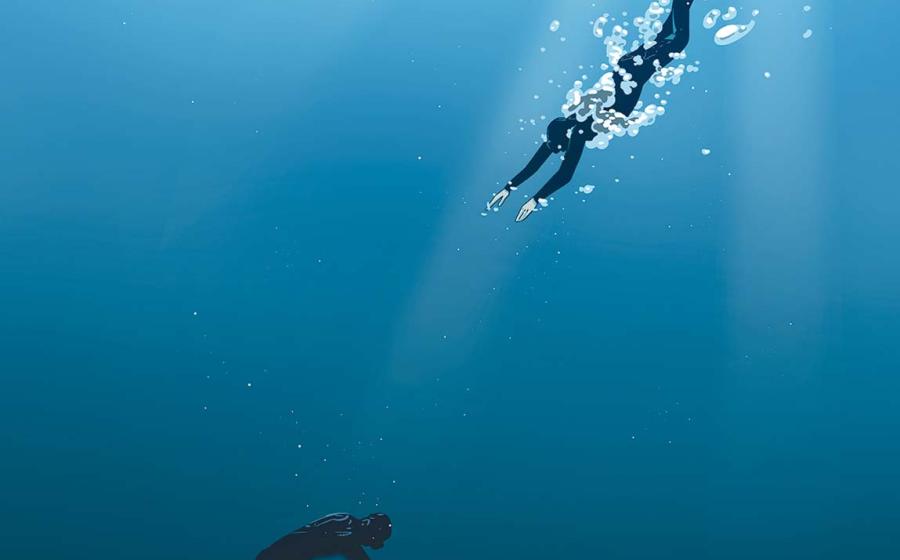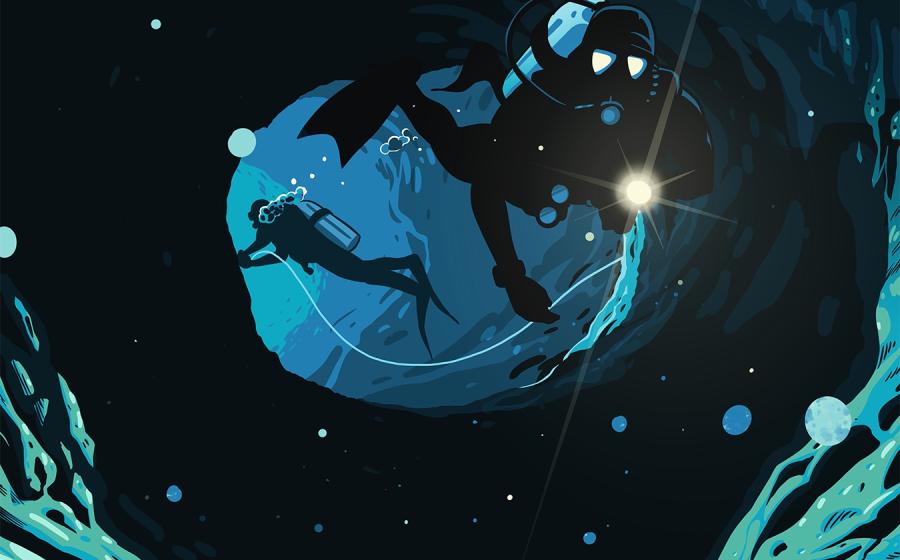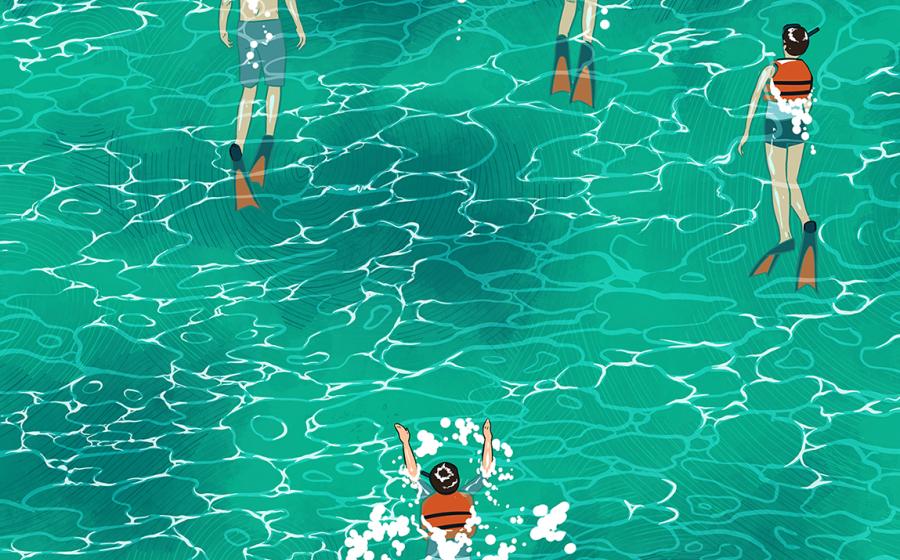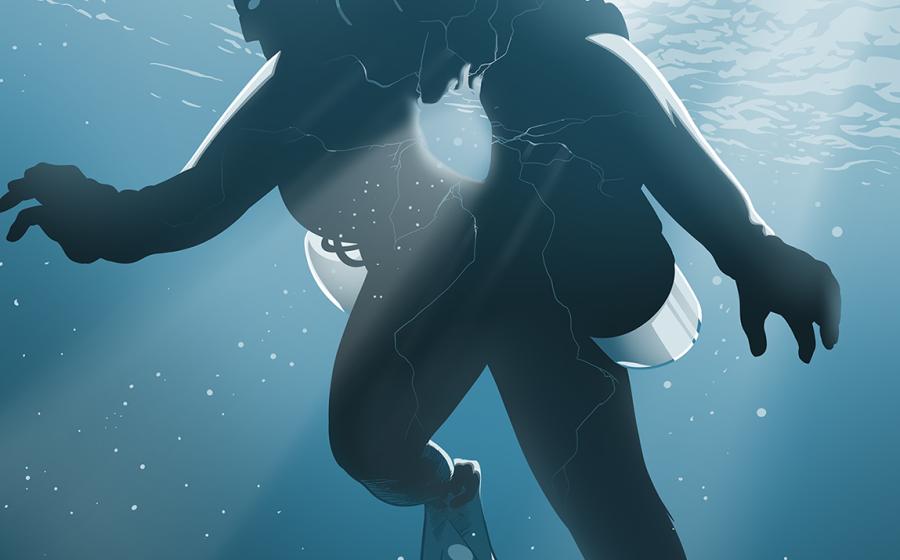Disaster strikes when a spearfisher neglects to watch his air supply underwater.
Lessons for Life Articles
Scuba diving without any training or understanding of dive equipment ends in disaster.
When a diver fails to handle her anxiety, blind panic turns a routine training dive into tragedy.
Ignoring mild joint pain sends a diver from the airport to a decompression chamber.
A freediving accident drives home why you always need to dive with a buddy.
Staying with your buddy is a fundamental rule of diving no matter how experienced you are.
Be truthful on your medical form, be fit to dive and practice your finning to avoid a snorkel accident.
Getting tangled in a buoy line sends a nervous diver over the edge, with disastrous results.
A cardiac event at depth highlights the importance of training for diving physically, not just mentally.

